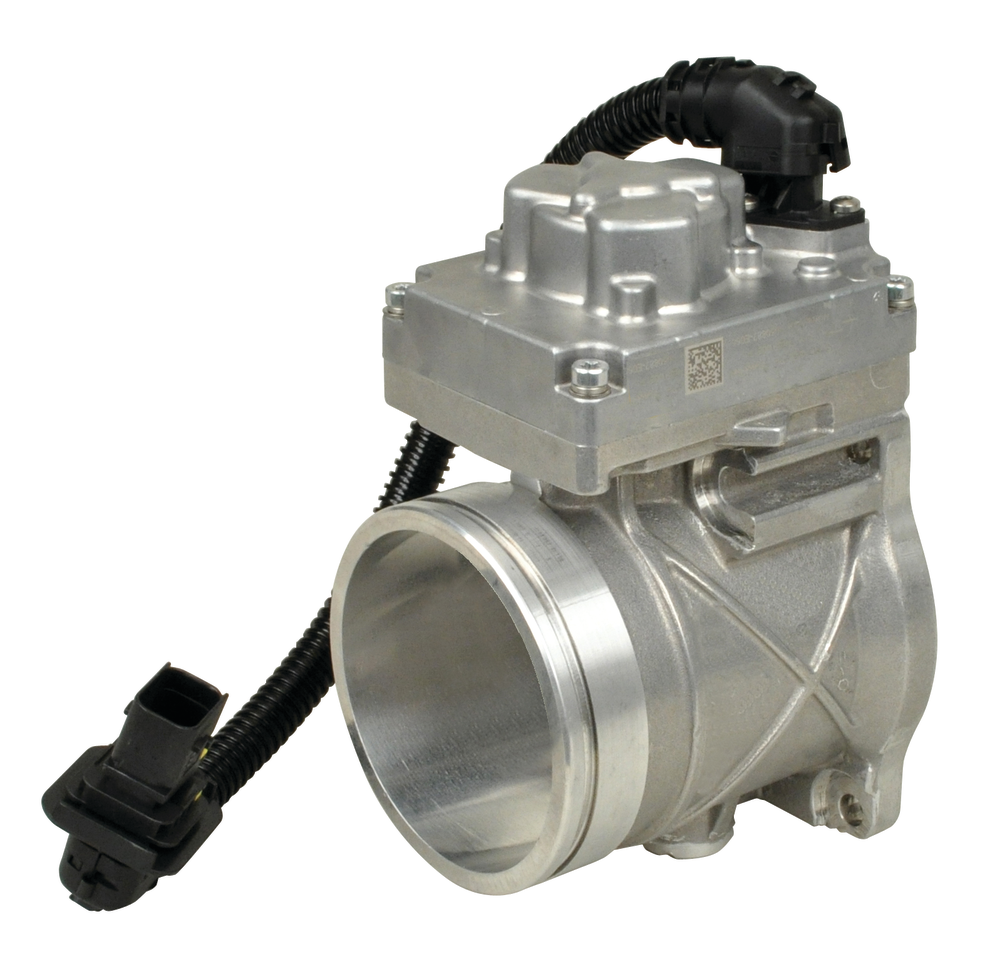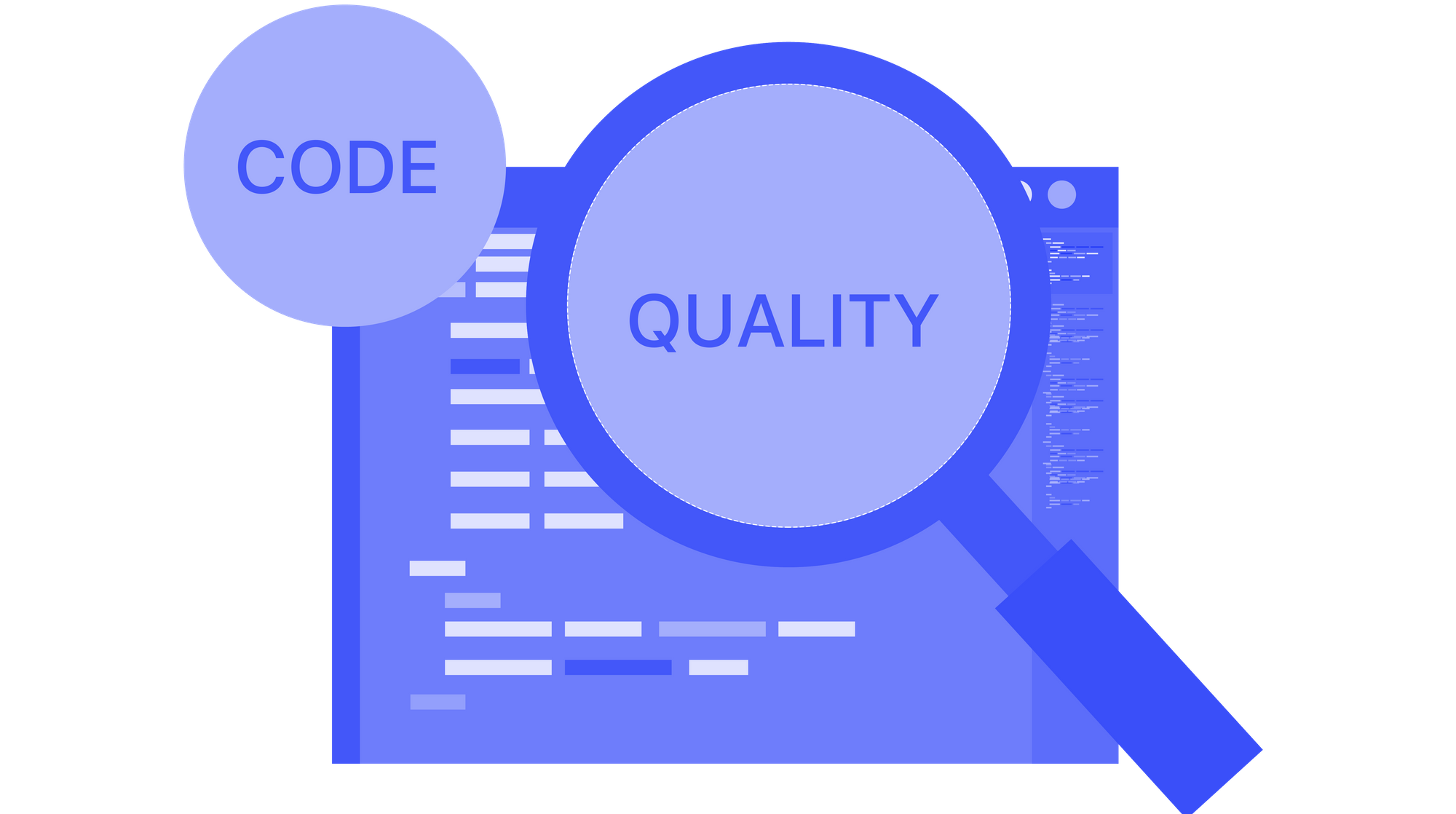
Cracking System Design Interview
Define Functional Requirements

Summarise functional requirements you are able to understand
Suggest other functional requirements you can think are important
Very Important, as this gives interviewer an idea that you can extend a requirement
Ask if there specific functional requirement interviewer is interested in?
Confirming things are very good, it makes interviewer feels part of the problem and indicates your collaborative behaviour

Prioritise: Suggest priority of requirements according to you and confirm if interviewer agrees with it
Again very important, as this gives interviewer an idea that you can set priority of your tasks.
Note: Confirmation
Define Non Functional Requirements

Latency
Latency requirements for Read requests
Latency requirements for write requests
High Availability
Yes
No
Consistency
Strict?
Eventual?
Scalability

Ask if there are any specific non functional requirement interviewer wants to cover?
Recoverability
Maintainability
Reliability
Define Extended Requirements
Analytics
Monitoring
Alerting

Ask if there are any other extended requirements interviewer have in his head?
Like I told you earlier, don't forget to ask :)
Define Workflows

Write workflow for all important functionalities
Think in terms of user using your application to define your workflows.
No need to define application components/microservices at this stage
Write down basic workflows of background processes
Think about major background processes you may need
Generate Capacity Estimates

Traffic Estimates
Ask for total users expected?
Ask for total Read Requests?
Ask for total Write Requests?

Derive Storage Estimates
Derive Bandwidth Estimates
Derive Cache Memory Estimates
Consider which data you will cache
Consider how much data you will keep in cache

Ask interviewer first if he/she needs this, or tell him/her that we can do this estimation at end
Define System APIs

Define major system APIs
Operation Name
Input Parameters
Output Parameters
If RESTful API then define GET, PUT, POST, DELETE or PATCH
Define major components
Different components or Microservices
Follow your workflow and think about different services/components which are required
Consider which component will have which type of database and do remember CAP theorem
Distributed DB
RDBMS
Search specific datastore
Add caches above DB wherever required
Remember you do not have to put cache over all DB.
You can always ask interviewer that you will add cache components at the end
Consider how different components will interact
via REST API
via Messaging Bus
via Websockets
via Messaging bus
Extend your design
API Gateway
Load balancer
CDN
Circuit Breaker

Request Throttling

State machine or
Workflow system

Cache Eviction
Database details
Schema

Partitioning/Sharding with type
Replication
Archival/Purging Policy
Extended Requirement
How Analytics will be generated?
From Live analytics
From Historic data

Log storage
Dashboards
Alerts

Fraud detection system
Security and Permissions
User Historic data system
Auditing system
Data reconciliation system
Everything Else

Deployment
Containers
Kubernetes
Service Mesh

How many environments required?
Dev
UAT
Pre Prod
Production
Prod Parallel
CICD

Testcases
Unit Testcases
Functional Testcases
Integration Testcases

Code Quality
Branching Strategy
Sonar Integration
Code Reviews
Created By
Rakesh Kalra
Learning Tracks:
https://todo.thinkscholar.com